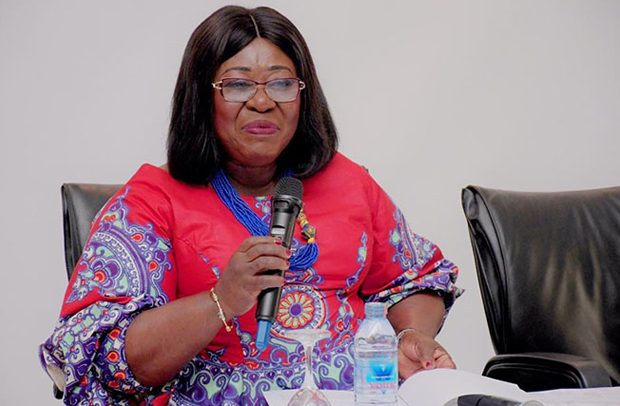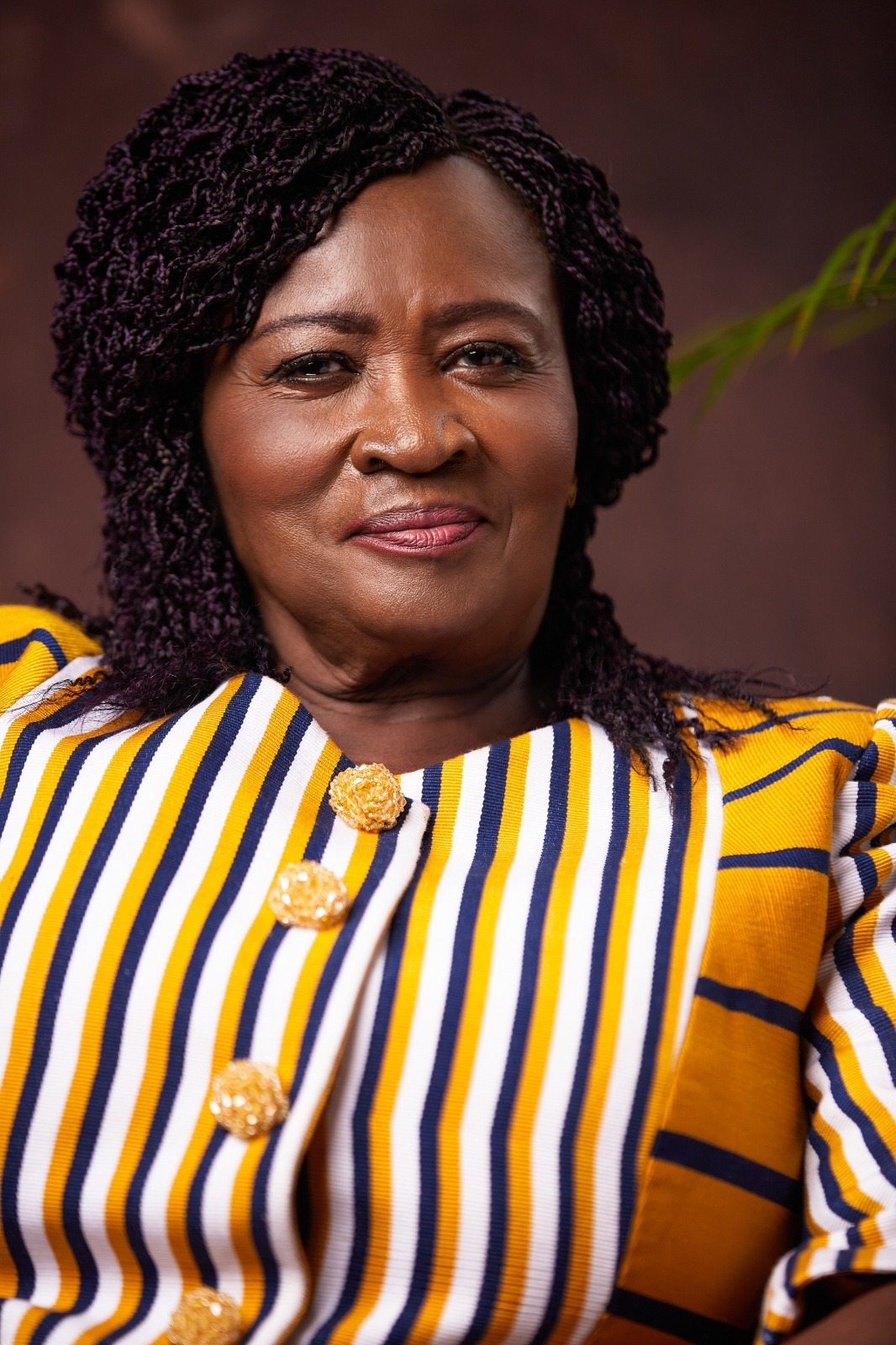
By Nana Abena GRANT
From Ama Ata Aidoo’s ‘The Dilemma of a Ghost’ to Yaa Gyasi’s ‘Homecoming’, Ghana has produced many talented female authors whose works have made significant contributions to literature. These Ghanaian female authors have captivated readers with their unique voices and perspectives.
Their pens deeply and wittingly write characters that resonate with the readers; often featuring female protagonists at the forefront—a rarity, particularly in works by male authors. This contributes to the representation and portrayal of women not only as authors but also as characters who command the narrative either as protagonists, antagonists, or villains in their fictional or non-fictional literature.
As the world celebrates women on International Women’s Day, and Ghana celebrates March as Heritage Month, literature stands out as one of the finest ways to pay tribute. This year, the theme ‘Inspire Inclusion’ highlights the importance of creating a more inclusive world where women from all backgrounds can thrive.
Inclusion is not just about gender; it is about recognizing and celebrating the diversity of women’s experiences. It is about ensuring that all women, regardless of their race, ethnicity, religion, sexuality, or ability, have a seat at the table and a voice in the conversation.
Literature serves as a powerful means of self-expression, allowing individuals to articulate their thoughts, emotions, and experiences in a unique and profound way. Through literature, these female Ghanaian writers delve into the complexities of the human condition, exploring themes of love, loss, identity, and belonging.
The theme #InspireInclusion evokes reflections on the numerous genres and fields where women excel, yet their achievements are understated. From poetry to novels, these are five (5) female Ghanaian female authors you should know about.
- Ama Ata Aidoo
As one of Ghana’s most celebrated writers, Ama Ata Aidoo is known for her novels, plays, and short stories. Her works often explore themes such as gender, identity, and cultural change in Ghanaian society. Some of her notable works include ‘Changes’, ‘Our Sister Killjoy’ and ‘Anowa’
- Efua Sutherland
A pioneering playwright, children’s author, and cultural activist. Efua Sutherland is best known for her plays, which often incorporate elements of traditional Ghanaian storytelling and folklore. Her works include ‘The Marriage of Anansewa’, ‘Tahinta’, and ‘The Voice of the African Child’
- Yaa Gyasi
Yaa Gyasi is a Ghanaian-American author known for her powerful and evocative storytelling. Born in Ghana and raised in the United States, Gyasi’s writing often explores themes of history, memory, and identity. Her debut novel, ‘Homegoing’ traces the lineage of two half-sisters and their descendants through centuries of Ghanaian and American history. She continues to be celebrated for her contributions to literature and her commitment to telling stories that resonate across cultures and generations.
- Amma Darko
Amma Darko is a Ghanaian novelist known for her powerful depictions of contemporary Ghanaian society. Her works often explore themes such as poverty, gender inequality, and globalization. Some of her notable works include ‘Beyond the Horizon’ and ‘Faceless’.
- Poetra Asantewaa
Ama Asantewa Diaka is a versatile artist, who employs poetry, and music to tell stories. She is a Ghanaian poet, storyteller, and spoken word artist who performs as Poetra Asantewa. She is the author of the chapbook, ’You Too Will Know Me’, and the debut poetry collection, ’Woman, Eat Me Whole’ and her poems and fiction have appeared in print and online.
Appreciation to all the female Ghanaian authors writing about our realities, and fantasies into existence. There is a tall list of writers but for the purpose of this article, we list only five. Curious to know, how many female Ghanaian authors do you know? How many works of their works have you read? Who are your personal literary heroines?
>>>the writer is a Business Development Executive, Global Media Alliance
The post #IWD2024: My literary heroines on International Women’s Day – who are yours? appeared first on The Business & Financial Times.
Read Full Story


















Facebook
Twitter
Pinterest
Instagram
Google+
YouTube
LinkedIn
RSS